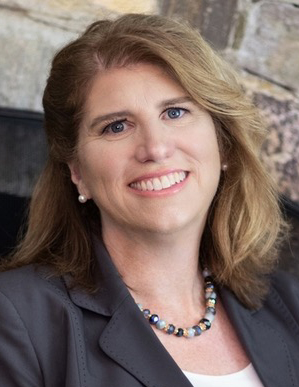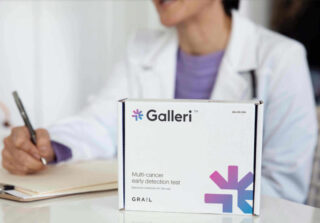
More Women's Health & Beauty Articles
Understanding Your Risk For Breast Cancer

Understanding your own breast cancer risk is a crucial step to being proactive about your health. Women are aware that screening for breast cancer with an annual mammogram is important, but an annual screening for breast cancer versus understanding personal risk of developing breast cancer are two vastly different things. An individualized breast cancer risk assessment to determine your risk is an important metric in your overall health. The American College of Obstetricians and Gynecologists recommends beginning regular screenings at age 40, and risk assessment by age 30 for black women and women of Ashkenazi Jewish ancestry.
Most of us know the statistic, “1 in 8,” or 12% of women will develop breast cancer over the course of their lifetime. Research continues to shed light on specific factors that impact an individual woman’s risk for breast cancer. Clinically validated risk models, such as Gail and IBIS Version 8 (Tyrer-Cusick) incorporate factors such as body height and weight, alcohol intake, age at puberty, age at first birth, family history, and breast density to determine risk and compare that to the average risk of breast cancer for a woman the same age. Research shows that dense breasts can be six times more likely to develop cancer and can also make it harder to detect abnormalities on a mammogram. Although current models cannot predict with certainty who will or will not develop the disease, these models help providers identify women who may be at higher-than-average risk and benefit from additional types of screening.
Up to 75% of women who develop breast cancer have no family history or any known inherited genetic cause. A genetic mutation should be suspected in families who have early onset breast cancer (before age 50), triple-negative breast cancer, or cancer in several generations. We now have a new option for cancer screening the multi-cancer early detection blood test, known as Galleri, which can detect over 50 different types of cancer, of which only five are routinely screened.
In the U.S., 30% of breast cancer cases are believed to be related to lifestyle factors. Healthy behaviors including a diet filled with fresh fruits and vegetables, getting plenty of exercise, avoiding smoking, and limiting alcohol can have a dramatic impact on breast cancer risk.
So, remember, getting a mammogram isn’t the same thing as understanding your own personal breast cancer risk. We now have clinical risk assessment tools to determine whether a person is at a higher or lower than average risk of developing the disease. Finally, genetics plays a role in about 25% of breast cancers, and healthy lifestyle changes can have a significant impact on overall breast cancer risk reduction.
Dr. Eileen West is board certified in internal medicine and trained in women’s health, including advanced training on breast health from the Mayo Clinic. She has been named a Top Doctor by Washingtonian Magazine every year since 2018. She owns Eileen West, MD & Associates in Fairfax, VA, a concierge medicine practice that focuses on women-specific care.
Other Articles You May Find of Interest...
- Made In The USA Surrogacy Agency
- Empowering Women Through Orthopedic Health
- Vaginal Discharge: Understanding Normalcy, Concerns, and Care
- Add Some Spring To Your Weight Loss Efforts With Hormone Replacement Therapy
- What Is Your Health Legacy Others Witness That You May Leave Behind
- Surrogacy: A Journey Through Time and Across Cultures
- A Greener Approach To Menstrual Health

















